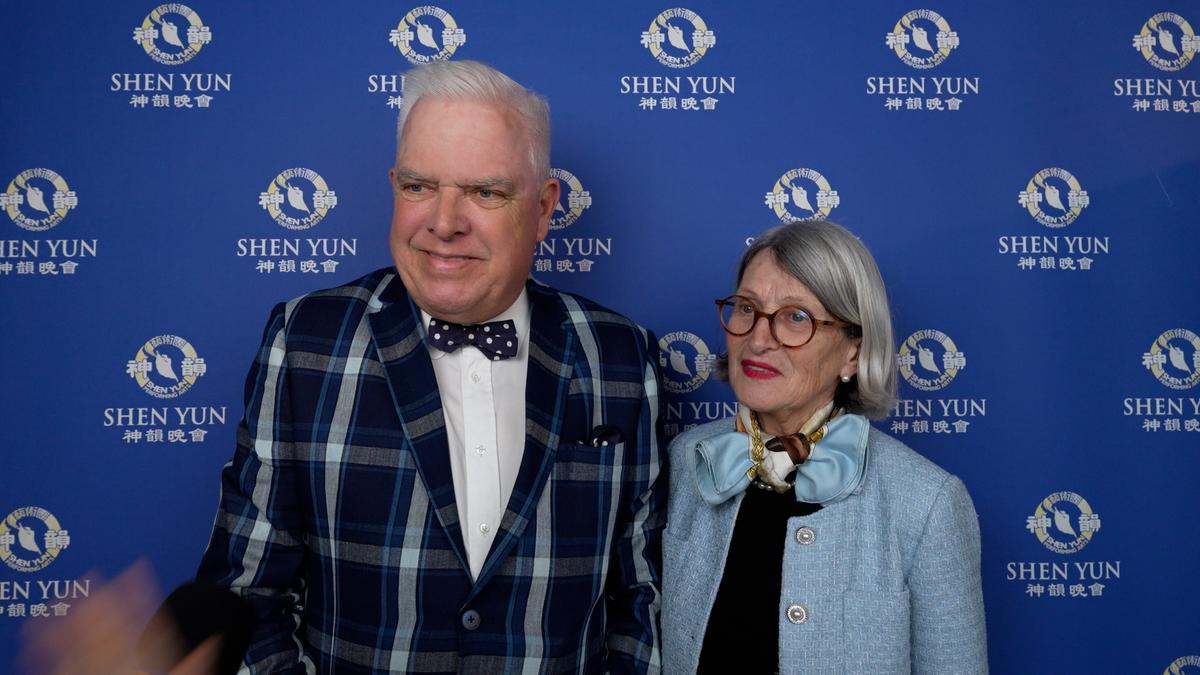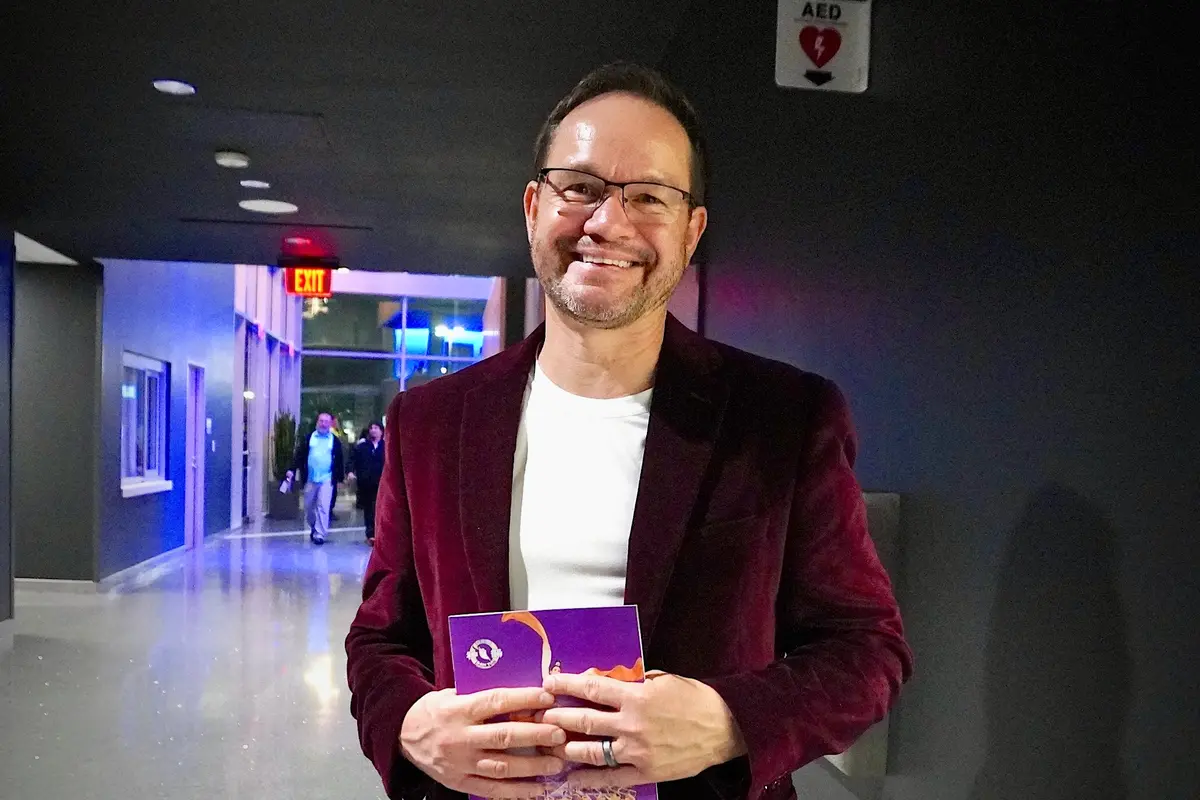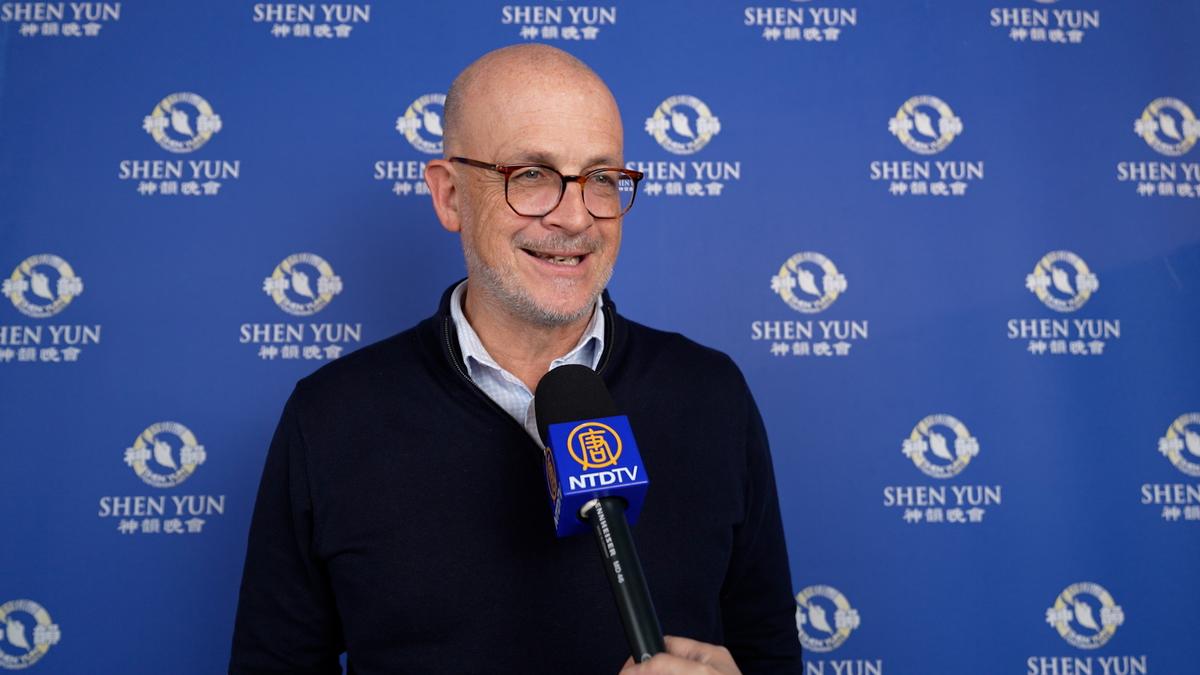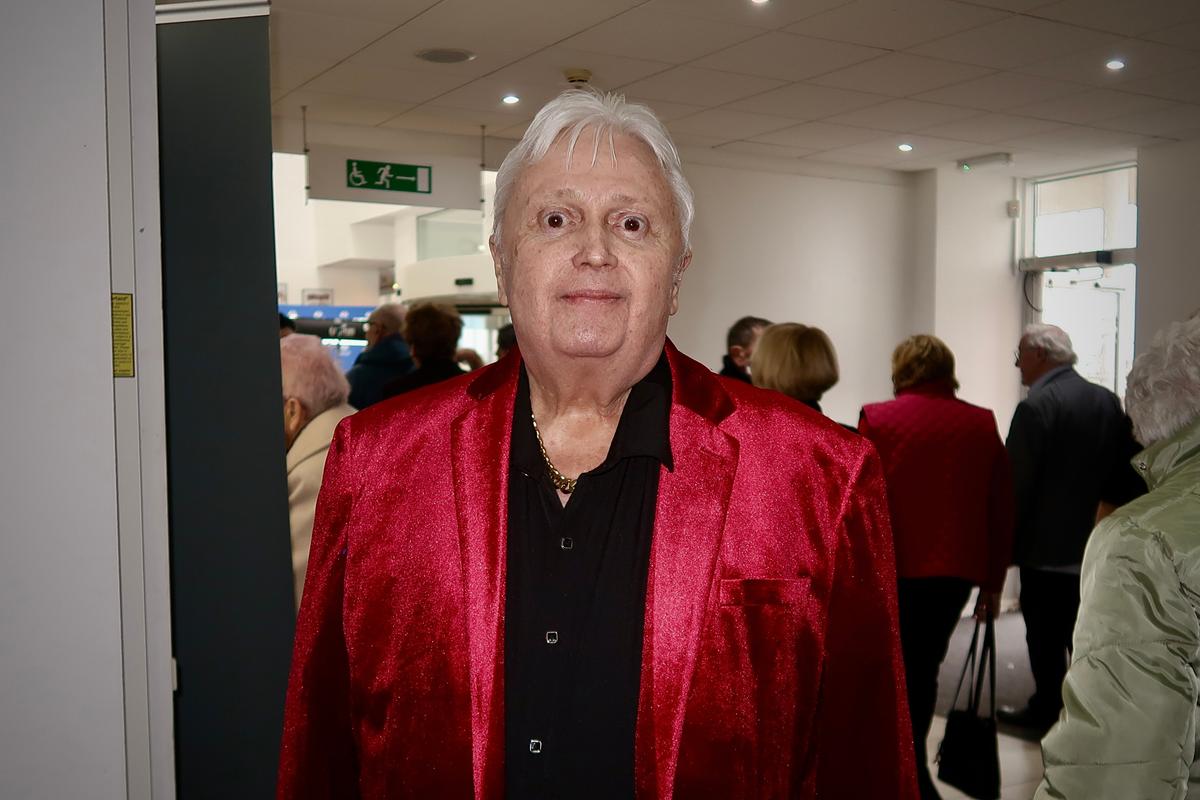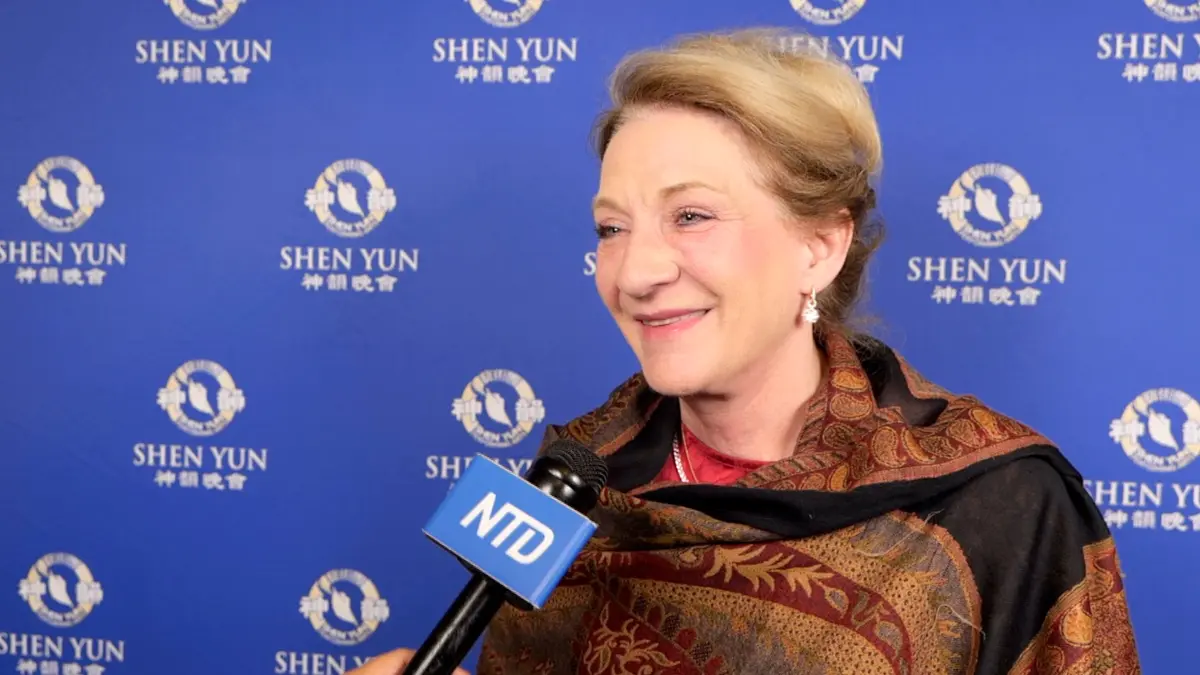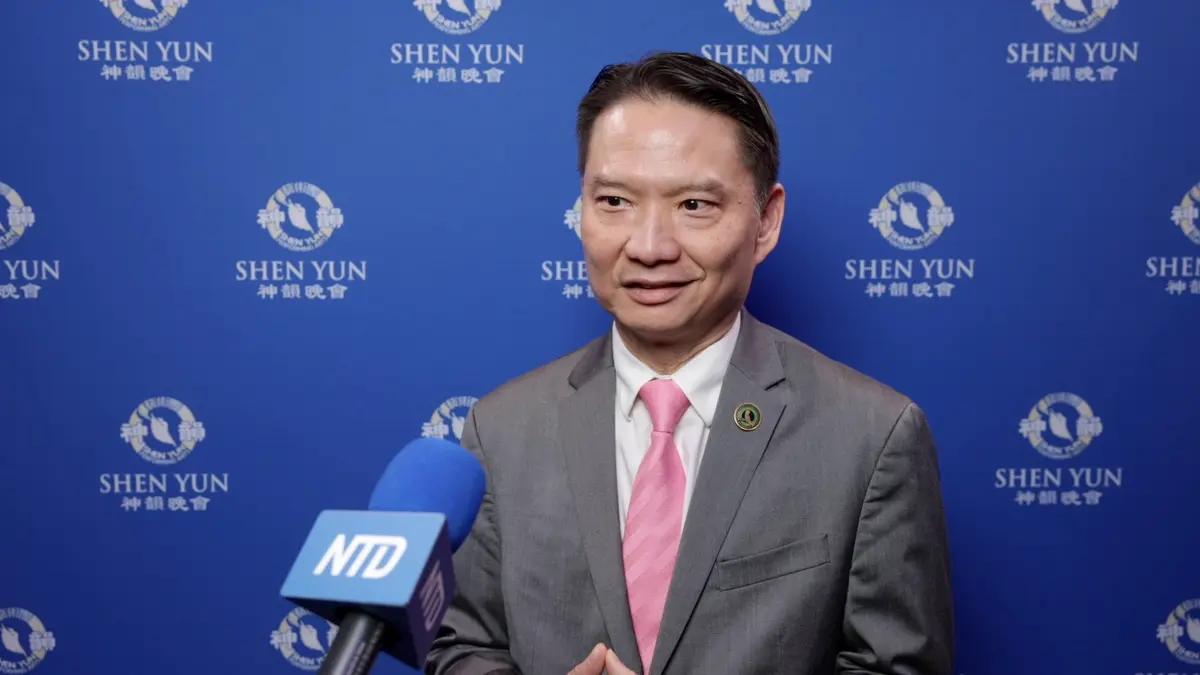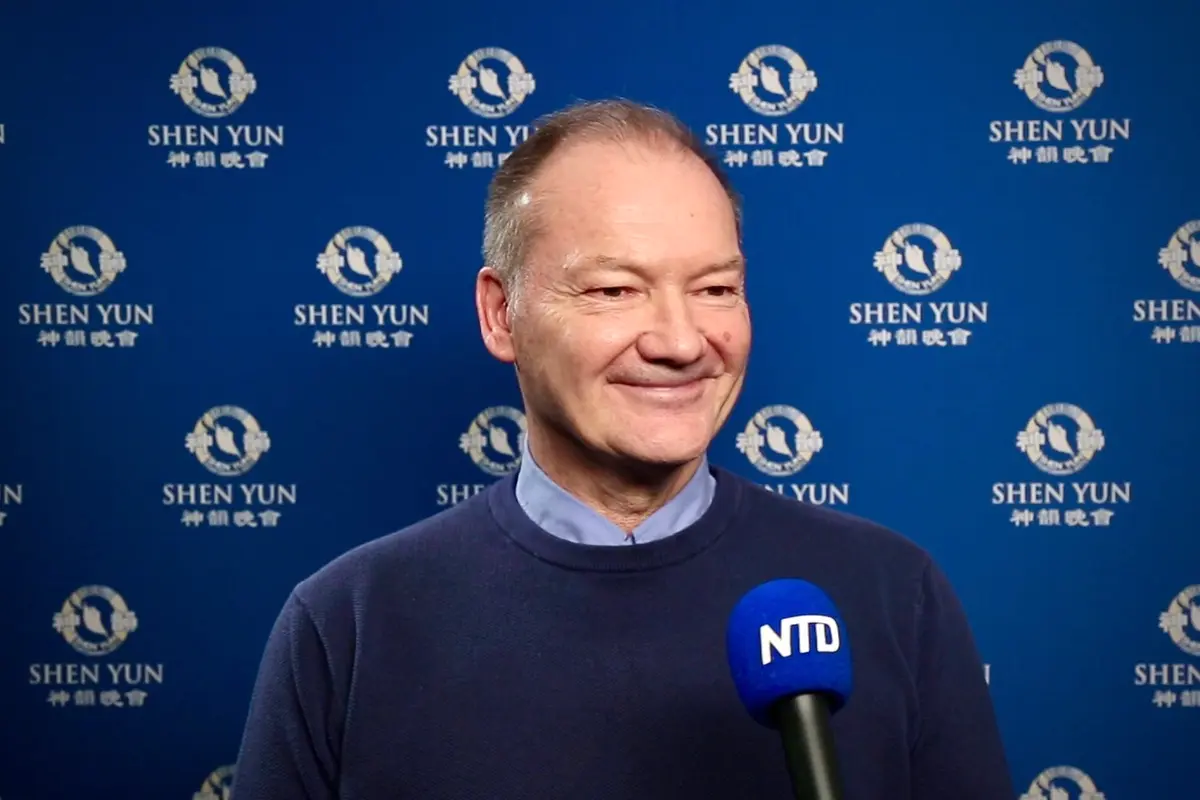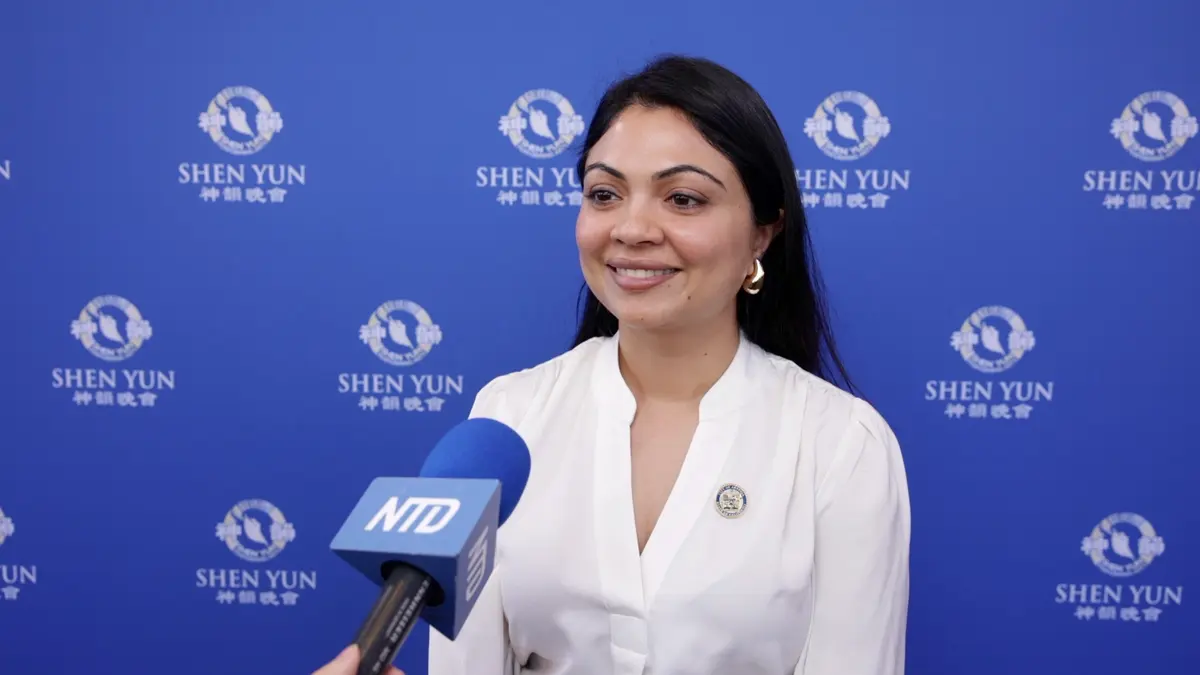NAGOYA, Japan—It’s an open secret that while Shen Yun Performing Arts has gained renown worldwide for its mission to revive 5,000 years of Chinese civilization, it is all but banned in China today by the Chinese Communist Party (CCP).
On the opening night of New York-based Shen Yun’s new season, Ms. Xu, who is from China, attended the performance in Nagoya, Japan.
“I felt so very moved that I cried,” said Ms. Xu at the Aichi Prefectural Art Theater.
A Shen Yun performance generally includes over a dozen vignettes, with classical Chinese dance as the primary medium to tell stories spanning 5,000 years.
“I was very moved and shocked,” she said. “This time, because I saw it in person, I felt very different.”
Falun Gong, also known as Falun Dafa, is a spiritual discipline that teaches the three principles of truth, compassion, and forbearance.
It’s also one of the CCP’s top targets for persecution, which has extended overseas in recent years with a renewed whole-of-state transnational repression effort.
Shen Yun was, in fact, founded by artists who practiced Falun Gong, most of who had fled persecution by the Chinese communist regime.
Ms. Xu said she had only ever heard about this on television before, but to see the story of Falun Gong practitioners brought to life on stage was a wholly different experience.
“I think traditional values are very meaningful to modern society,” she said. “In fact, everyone has a mission. After completing their own improvement and cultivation, they have to return to the place they should go back to; I think it conveys this meaning.”
What Shen Yun portrayed were universal values, Ms. Xu said, and they had done so in an interesting and entertaining way.
“It’s quite interesting,” she said. “I kept laughing, and it’s so fun, but it’s actually about righteousness and kindness.”
“Many stories are about righteousness and evil,” she said. “They show that justice will defeat evil because it’s more loving and more capable of touching people’s hearts.”







